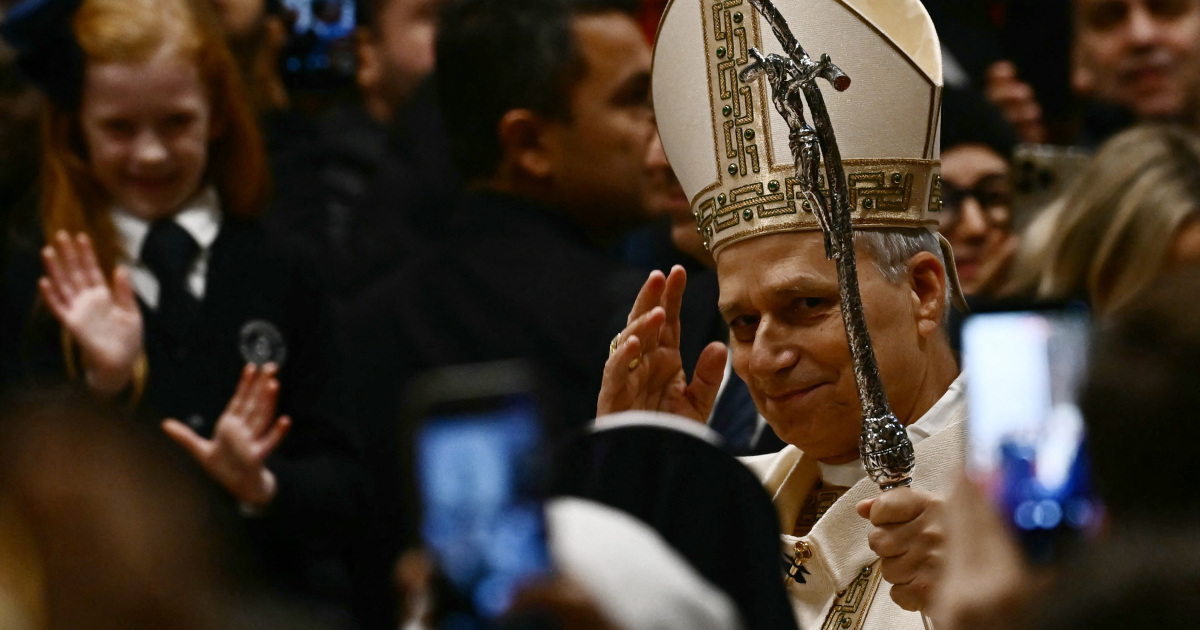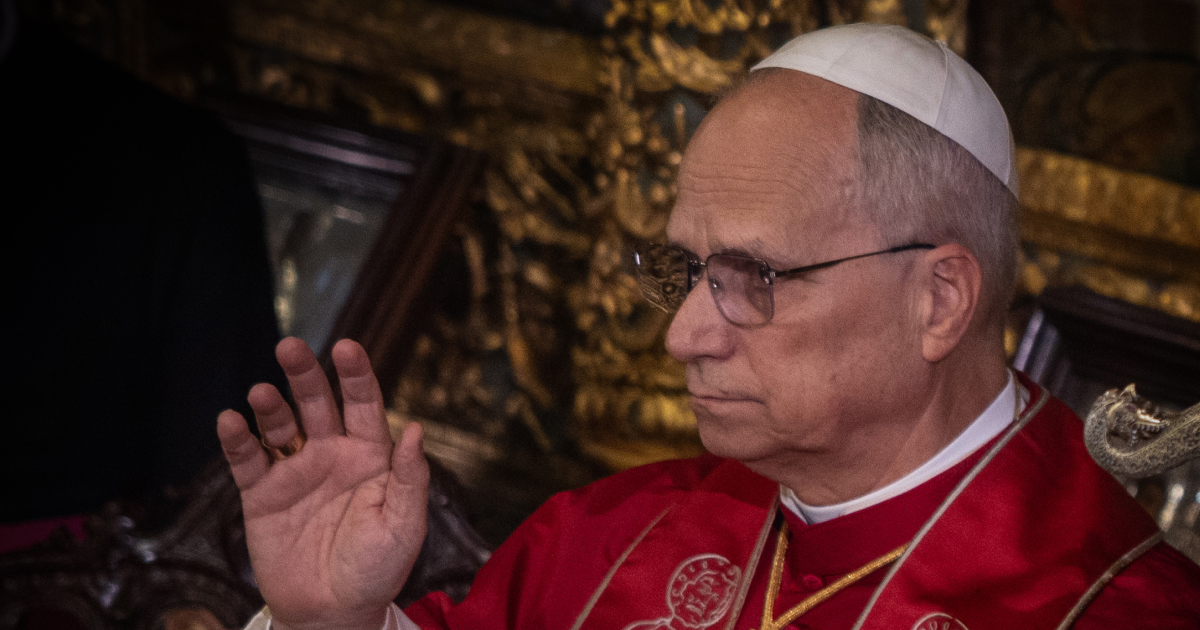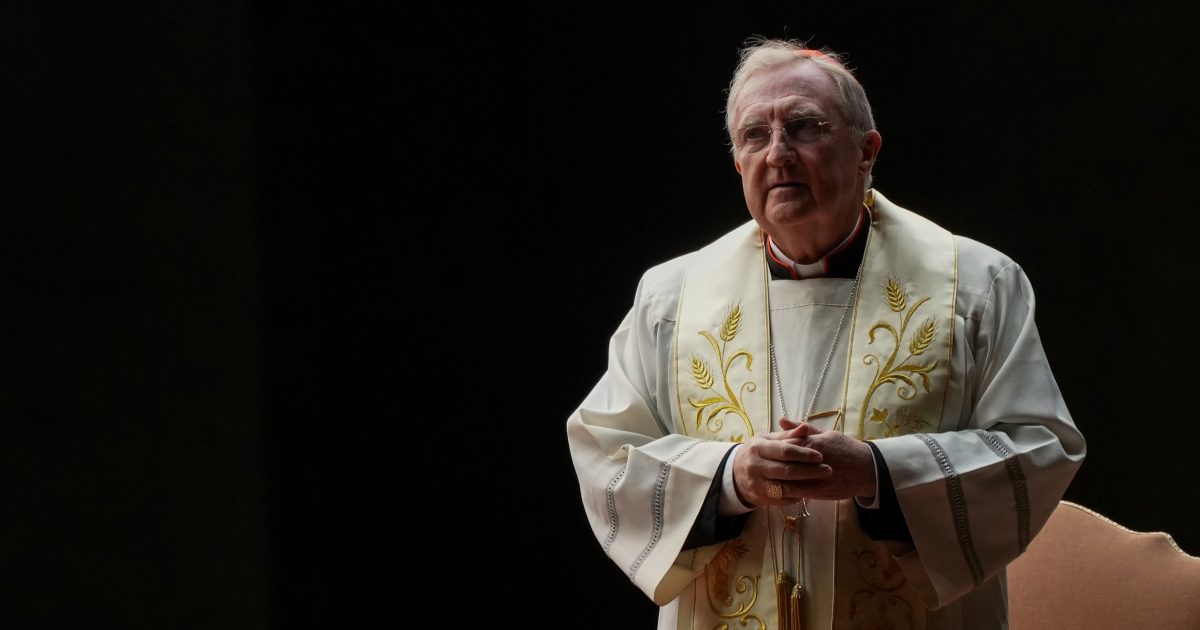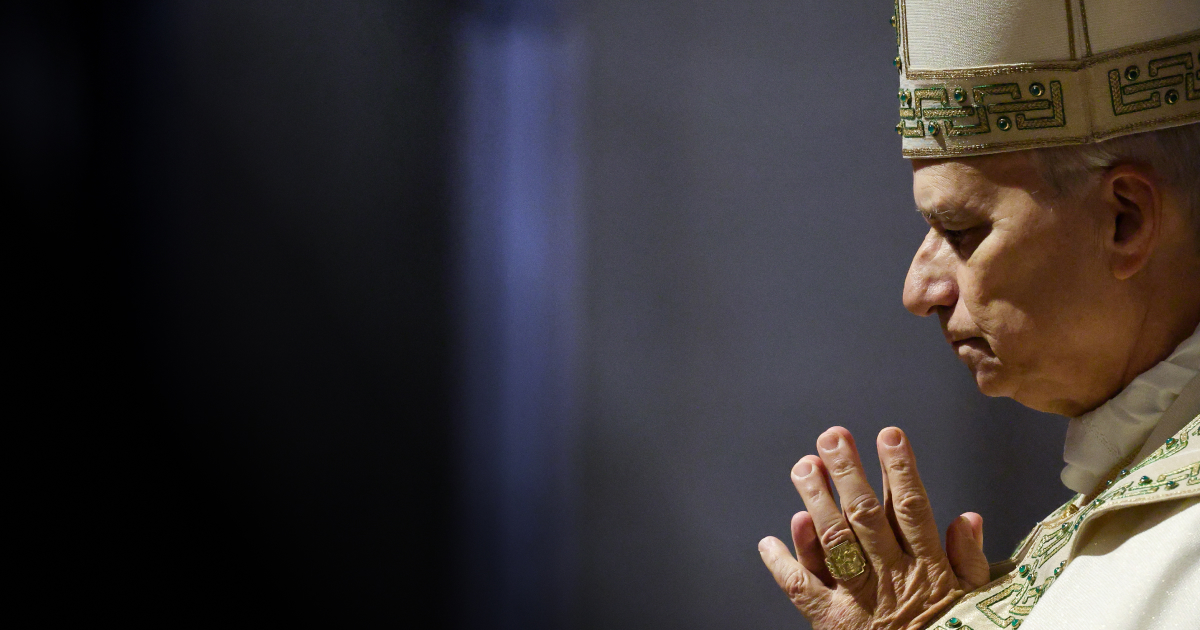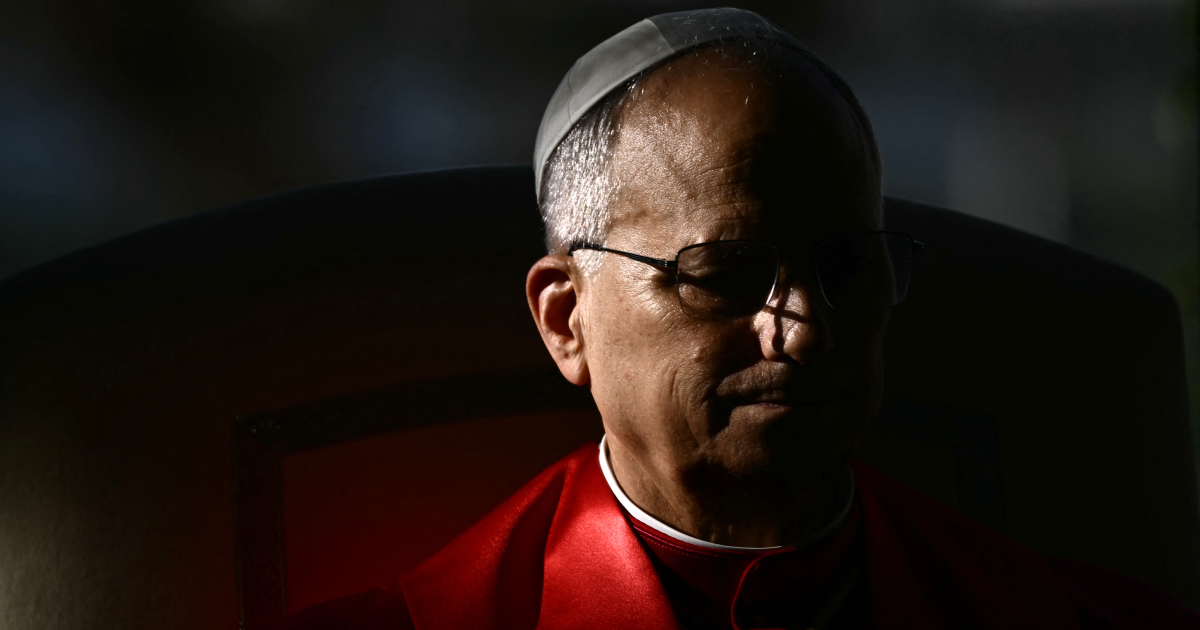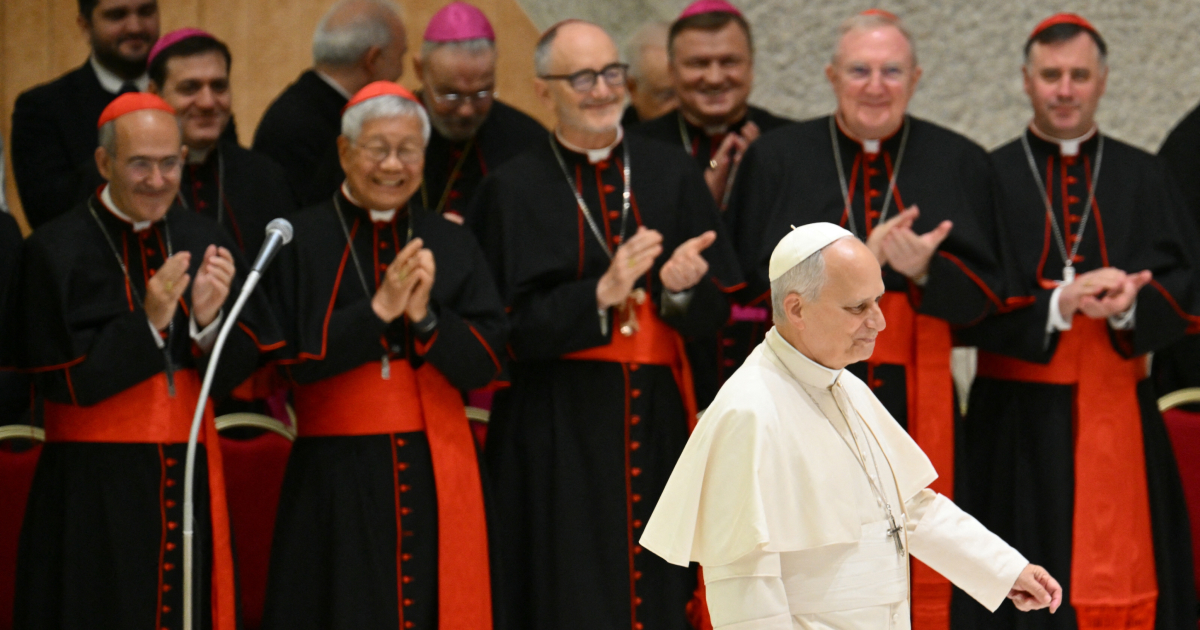Pope Leo XIV has released an apostolic letter to mark the sixtieth anniversary of the Second Vatican Council’s declaration Gravissimum Educationis.
On 28 October, the Holy See released the much-anticipated apostolic letter, which coincides with the Jubilee of World Education. The Pope formally signed the text during an Oct. 27 Mass with university students at St Peter’s Basilica, then held it out to applause.
The Pope writes that education “is not an accessory activity, but forms the very fabric of evangelisation,” calling it “the concrete way in which the Gospel becomes an educational gesture, a relationship, and a culture.”
He warns that today’s digital and divided environment makes it urgent to “refocus our gaze on the cosmology of Christian paideia,” and insists that Catholic educational communities “must not retreat, but relaunch themselves.” He urges schools and universities not to “erect walls, but build bridges,” reminding educators that “the Gospel does not age but makes all things new.”
Throughout the document, Pope Leo presents education as an act of service, “one of the highest expressions of Christian charity,” and as a form of hope rooted in the Church’s long tradition. He highlights how Catholic education has continually adapted to changing circumstances, from the teaching of the Desert Fathers and St Augustine to the charitable work of saints such as Joseph Calasanz, John Baptist de La Salle, Marcellin Champagnat, and John Bosco. “This genealogy of concreteness,” he writes, “testifies that, in the Church, pedagogy is never disembodied theory, but flesh, passion and history.”
The Pope’s vision for Catholic education remains deeply personalist. “Christian education is a choral work: no one educates alone,” he writes. Every teacher, student, parent, and member of the community is called to take part in what he describes as an “us” that generates life. Citing Genesis, he recalls that every person is made in the image of God and “capable of truth and relationship.”
Leo XIV draws inspiration from St John Henry Newman, whom he declares co-patron of Catholic education alongside St Thomas Aquinas. Newman’s words, that “religious truth is not only a part but a condition of general knowledge,” are cited as central to the Pope’s call for a renewed dialogue between faith and reason.
He writes that Catholic institutions must remain places “where questions are not silenced, and doubt is not banished but supported,” adding that “heart there dialogues with heart.”
The Holy Father also insists that Catholic schools and universities must see themselves as “places where faith, culture and life are intertwined,” where teachers are witnesses as much as instructors. Their mission, he says, demands more than technical skill: “It is necessary to maintain a heart that listens, a gaze that encourages, an intelligence that discerns.”
The letter also reaffirms the principle of subsidiarity first highlighted by Gravissimum Educationis. It calls on both Church and State to safeguard the right of every person to an education that “allows students to evaluate moral values with a good conscience.” The Pope warns against subordinating education to “the ironclad and inhuman logic of finance,” and calls instead for a “new choreography that puts the human person at the centre.”
Pope Leo closes with a call to “disarm your words, lift your gaze, guard your heart.” Education, he says, does not advance “through polemics, but through the meekness that listens.” Citing the Book of Genesis, he urges educators to “look up at the sky and count the stars,” seeing in them a symbol of hope.
“Fewer labels, more stories; fewer sterile oppositions, more symphony in the Spirit,” he concludes. “Then our constellation will not only shine, but will guide: towards the truth that sets us free, towards the fraternity that consolidates justice, towards the hope that does not disappoint.”
(Photo by FILIPPO MONTEFORTE/AFP via Getty Images)





.jpg)


